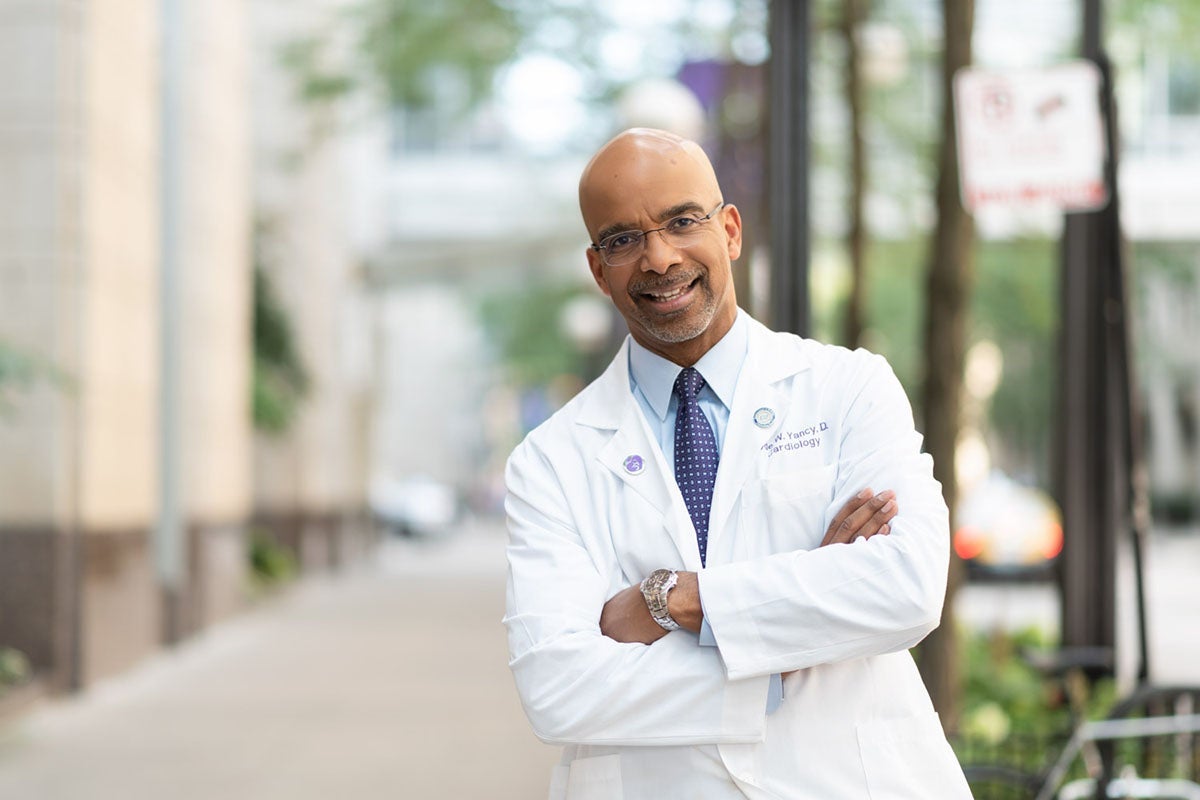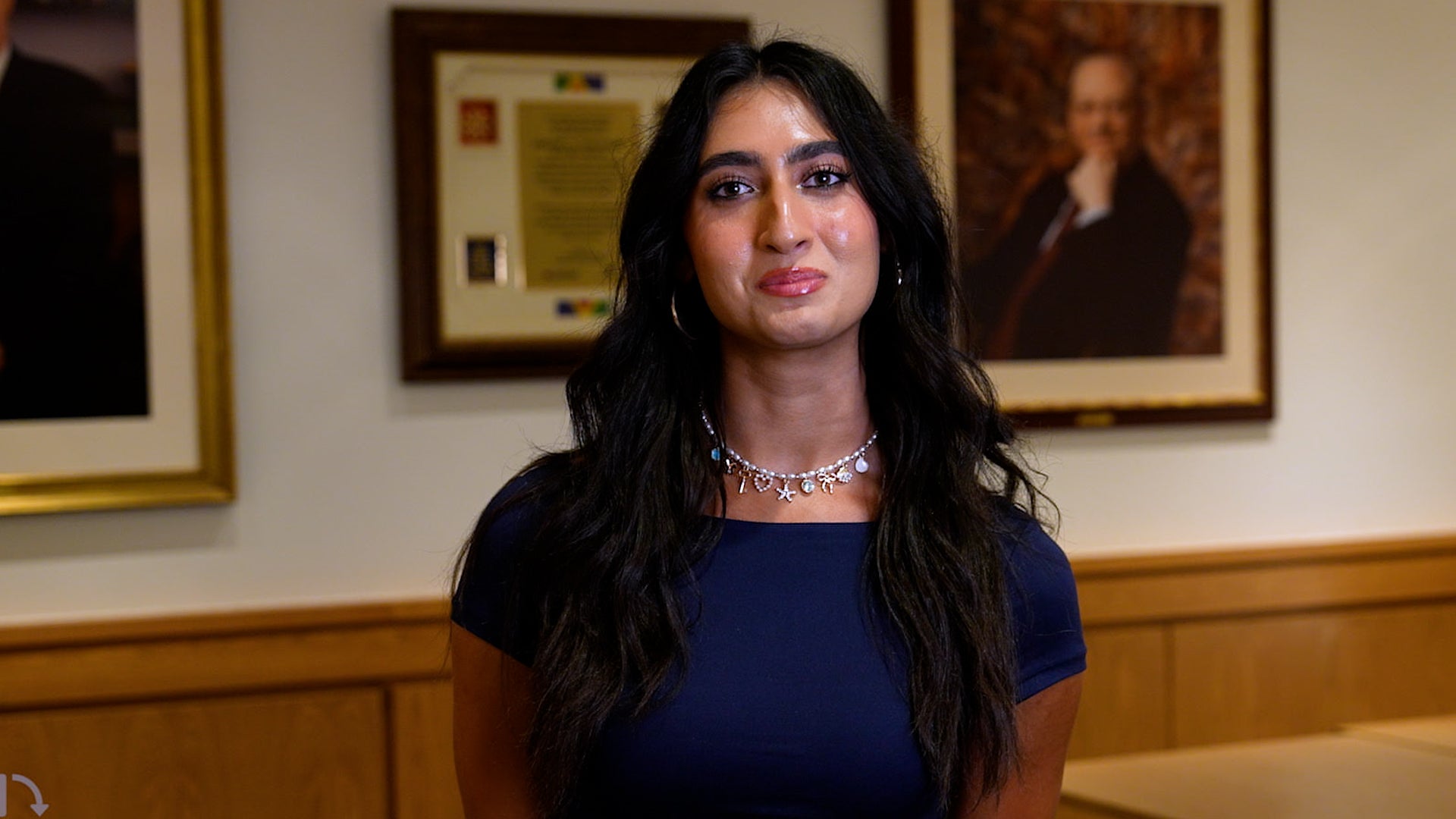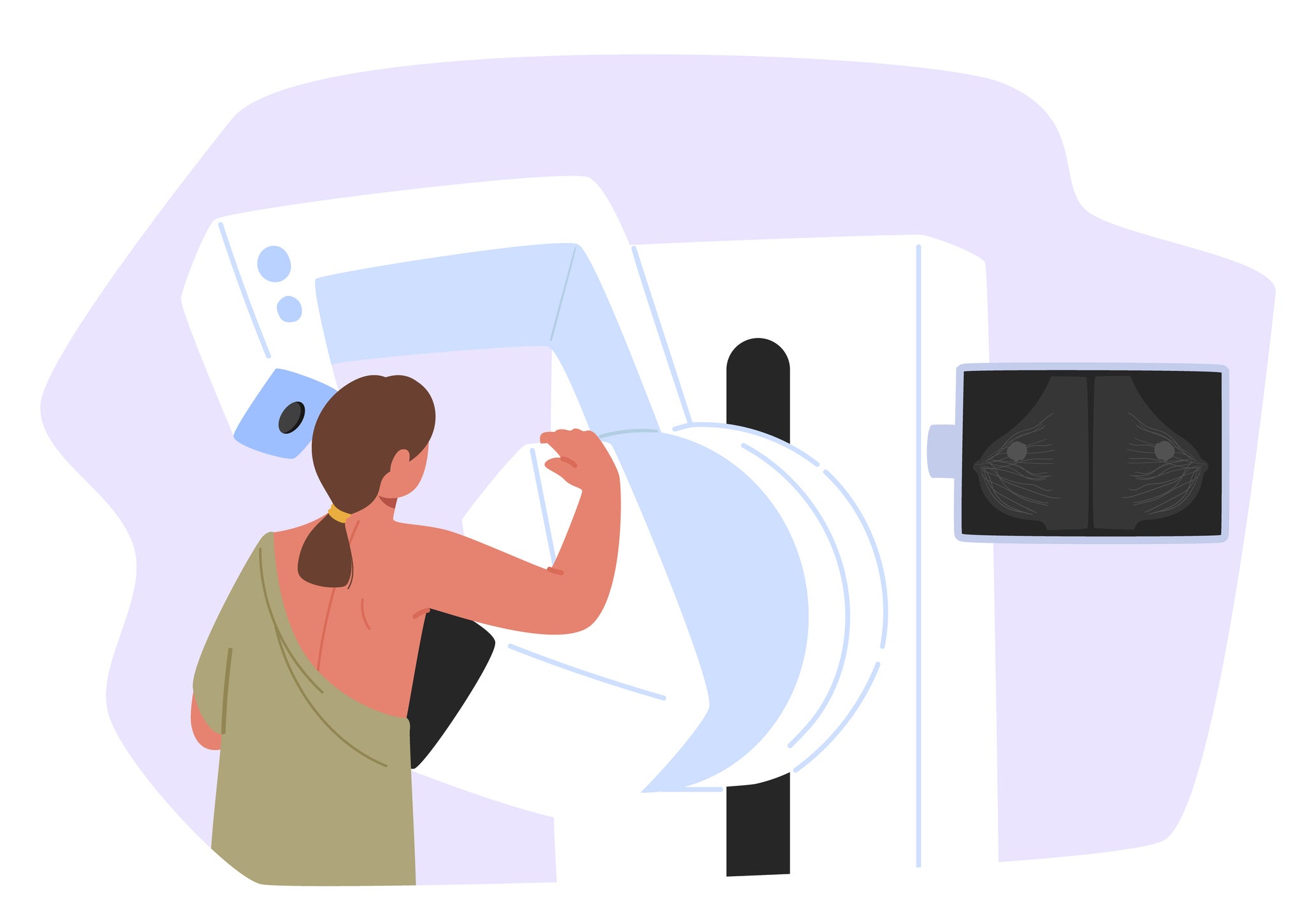Health equity a ‘necessity,’ says Northwestern’s Clyde Yancy at Hopkins lecture

October 12, 2023 – The U.S. must take responsibility for confronting and addressing inequities that have long plagued the nation’s health, according to Clyde Yancy.
Yancy, vice dean for diversity and inclusion and chief of cardiology at Northwestern University, spoke at Harvard T.H. Chan School of Public Health’s 2023 Donald Hopkins Lecture on October 3.
“If [the COVID-19 pandemic] taught us nothing else, it taught us this: The absence of health in any one of us affects the health of all of us,” said Yancy. “Consequently, it is a necessity—not a gift, but a necessity—for us to embrace the importance of health equity.”
Health equity, as defined by the Centers for Disease Control and Prevention, is a state that will only be achieved “when every person has the opportunity to attain his or her full health potential,” Yancy noted. But health in the U.S. is far from that ideal state, he said. He cited a paper he recently co-authored that found that Blacks suffered 1.6 million excess deaths compared to whites over the past 21 years, with ailments like heart disease and cancer as the overwhelming cause.
Yancy was introduced by Jane Kim, interim dean of the faculty and dean for academic affairs at Harvard Chan School. The discussion was moderated by Amarildo “Lilu” Barbosa, Harvard Chan School’s chief diversity, inclusion, and belonging officer. The lecture, named in honor of Donald R. Hopkins, MPH ’70, seeks to highlight the research and accomplishments of scholars and public health leaders nationally and internationally. Yancy praised Hopkins’s legacy—he is known for playing a key role in the elimination of smallpox and in helping eradicate Guinea worm disease—noting his “profound influence on this discipline of public health.”
Yancy also spoke about the impact of “implicit bias”—subtle and subconscious biases about characteristics such as race, sexuality, religion, or weight that are learned through past experiences. As an example of implicit racial bias, he presented maps dating back to 1860, before slavery was abolished, displaying the communities where slavery was most prevalent, and he compared them with maps showing present-day biases that were drawn from data measured using Harvard’s Implicit Association Test. The comparison showed that some of the strongest pro-white biases in the U.S. are in areas where slavery was more common.
Yancy also cited a recent study that found that white Americans receive better health care than all other racial groups in the U.S.—likely also a result of implicit racial bias.
These examples suggest that implicit bias is embedded in the overall culture rather than an opinion to be stamped out at the individual level, Yancy said. As a result, addressing the problem will require a number of large-scale changes, including leveraging new technologies like artificial intelligence in ways that advance equity and committing to policies that advance diversity, equity, and inclusion.
The challenges are substantial, said Yancy, but he closed on a hopeful note, saying, “In my awareness…there’s an arc. And I agree with [Martin Luther King Jr.] that the arc does bend toward the eventual aspirational goal of justice.”
Photo courtesy Northwestern University


